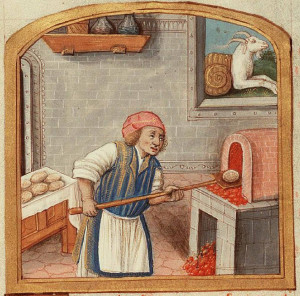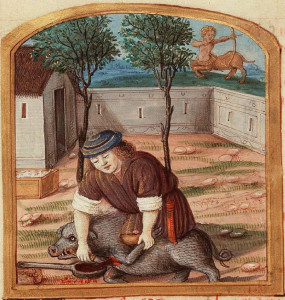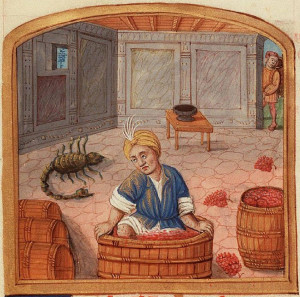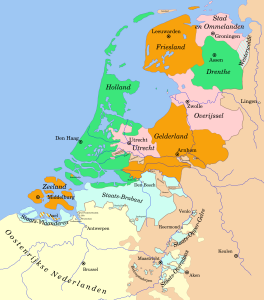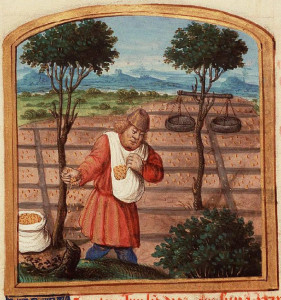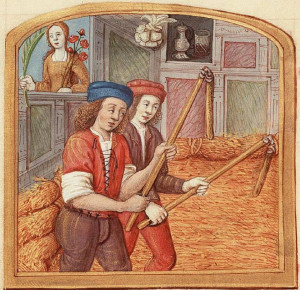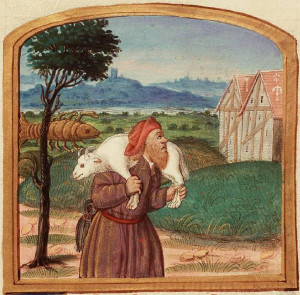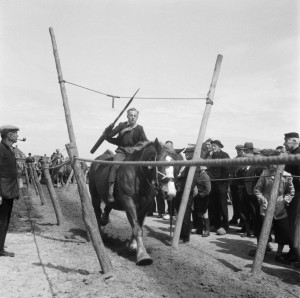Wintermaand (literally: Winter month) is the old word for December. … [Read more...]
Dutch term – Slachtmaand
Slachtmaand literally means "slaughter month" and is the old word for November. … [Read more...]
Dutch term – Wijnmaand
Wijnmaand literally means "wine month" and is the old word for October. … [Read more...]
Quick tip: Mind the calendar!
When you encounter a date in original records that is between 1582 and 1701, it could be in either the Julian or the Gregorian calendar, depending on the province where the record was created. This means the date you find could be as much as twelve days "off." Read more about the introduction of the Gregorian calendar in the Netherlands and the introduction dates per province. … [Read more...]
Dutch term – Herfstmaand
Herfstmaand (literally: Autumn month) is the old word for September. … [Read more...]
Dutch term – Oogstmaand
Oogstmaand literally means "harvest month" and is the old word for August. … [Read more...]
Dutch term – Hooimaand
Hooimaand (literally: hay month) is the old word for July. … [Read more...]
Dutch term – Pinksteren
The word 'Pinksteren' is Dutch for Pentacost, a religious holiday. In the Netherlands is it celebrated on Pentacost Sunday and the following day. Pentacost Monday is an official holiday and most of the people in the country have the day off. Nowadays, many people take the opportunity to go to a music festival, go to the beach or attend some traditional fairs. In earlier times, Pinksteren was a typical time when people became confessed members of the Dutch reformed church, together with … [Read more...]
Dutch term – Zomermaand
Zomermaand literally means "Summer month" and is the old word for June. … [Read more...]
A tale of two calendars
Almost everywhere in the world today, we use the Gregorian calendar. It has 365 days a year, with the occasional leap year that is determined as follows: Every year that is exactly divisible by four is a leap year, except for years that are exactly divisible by 100, but these centurial years are leap years if they are exactly divisible by 400. For example, the years 1700, 1800, and 1900 are not leap years, but the year 2000 is.1 This calculation of the leap years make sure that the average … [Read more...]
